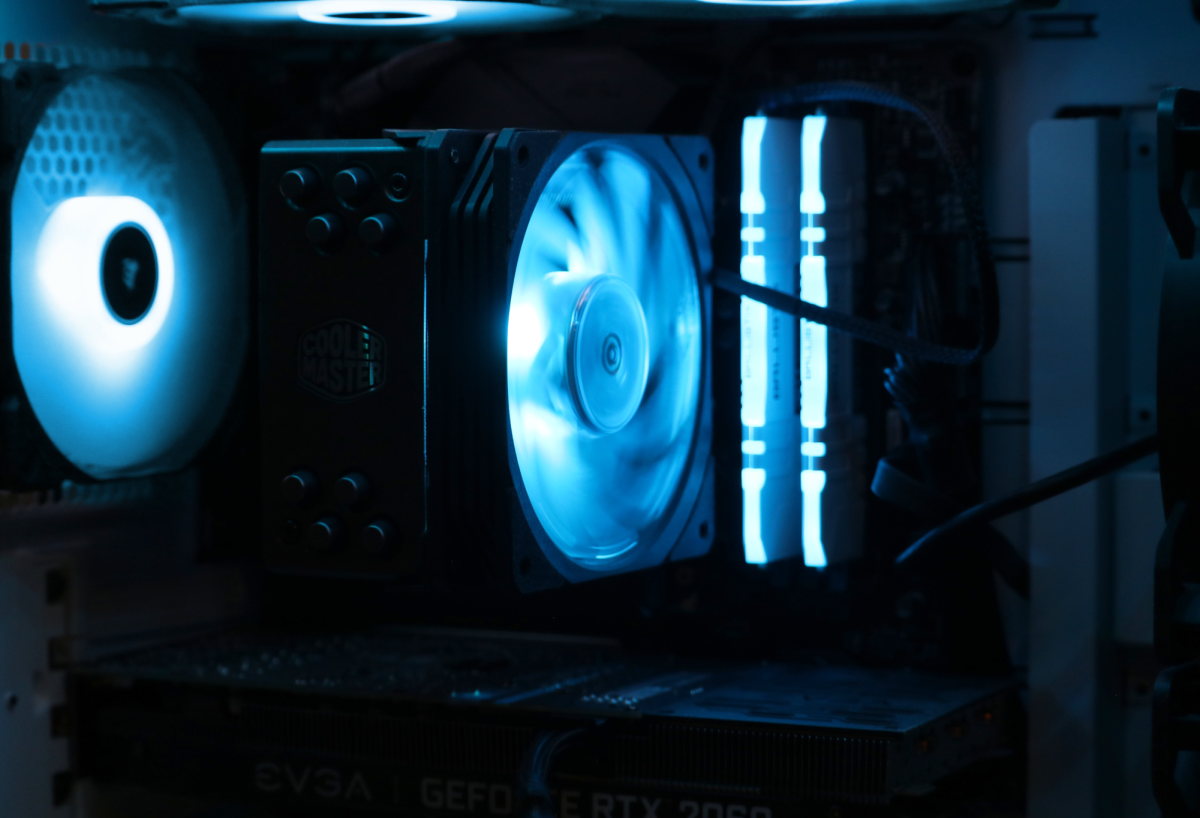NVIDIA, a tech company known for its graphics processing units (GPUs), and most recently its dominance in the AI Chip market, is reportedly planning on entering the market for PC chips by designing its own central processing units (CPUs). This move would directly compete with Intel and AMD, the two giants of the CPU industry.
Following a Reuters report on October 23rd detailing NVIDIA’s plan to start making CPUs, NVIDIA’s stock (NVDA) rallied around 4%, while another company, Arm Holdings (ARM), saw a near 5% increase. Arm Holdings is the licensor of the ARM architecture family which other companies, such as Apple and Samsung, base a lot of their computer processing technology around. NVIDIA plans to develop their CPUs around the ARM model, which contrasts with Intel’s x86 model.
Between the x86 and ARM models, ARM-based processors tend to be more power-efficient and cheaper to manufacture, whereas x86-based processors trade off those qualities for the ability to process larger quantities of, as well as more complex, tasks at once. This could make NVIDIA’s CPUs formidable opponents to their Intel counterparts, as even if NVIDIA fails to produce a faster CPU, Intel would likely lose market share from the subset of consumers who value battery life and affordability over processing capabilities.
There is another group of consumers who might even buy the CPUs based on name alone. With NVIDIA graphics cards being a trendy option amongst PC gamers, their new products could find tons of new buyers based on credibility within the gaming community.
“I would definitely try an NVIDIA CPU just to experiment, just to see if it’s better than Intel or AMD, but I am excited to see what NVIDIA can do with CPUs in the future,” one Dublin High student with a self-described enthusiasm for PC gaming and computer parts replied when asked about their level of interest in the introduction of NVIDIA CPUs to the market. Consumers like this Dublin High gamer who are likely to buy from any company selling computer parts would be glad to hear that increased market competition provides them a larger selection to choose from. It also gives incentive to companies to produce higher quality products and possibly even reduce prices as they constantly try to gain the upper hand on their rivals.
Luke Zeng, another student from Dublin High, happens to be well-versed in AI technology, computer science, and hardware: “I think the market is kinda saturated right now, we already [have] two main players in the market… Intel and AMD, which are already good enough for most people…. As for the big AI training data centers [which NVIDIA’s AI chips play a part in], their GPUS are the main issue, so there’s not really that big of a need for NVIDIA’s CPUs”. His opinion that NVIDIA might not be able to bank off their entry has merit. The market is already crowded with a wide variety of Intel and AMD models that, for the most part, consumers have been happy with. At the same time, however, it appears that some investors have lost confidence in Intel, as its stock price dropped around 3% on the day that the Reuters report was published.
AMD only experienced an approximate 2% decrease in its stock value on the day of the report, potentially in part because AMD has apparently begun development on Arm-based chips, like NVIDIA. Nonetheless, NVIDIA’s first CPUs built for personal computers will at least add some fuel to PC chip market competition. With the companies being the two biggest players in the GPU market, AMD and NVIDIA already have somewhat of a rivalry. There is now a lot of room for a new one-on-one rivalry between the companies based instead on who can produce the better ARM-based CPUs.
In any case of heightened competition between companies as big as those in the tech industry, the overall economy can benefit. Competition usually drives stronger development and manufacturing of products, which is made possible by increased investment into businesses. Consumers also put more money into the market because of the improvement of products, so the money flowing into the economy from both investment and consumption should theoretically stimulate the entire economy.
Sources:
https://apnews.com/article/nvidia-chatgpt-ai-chips-stock-jump-9eee108170a799986c066f70829a7215




































